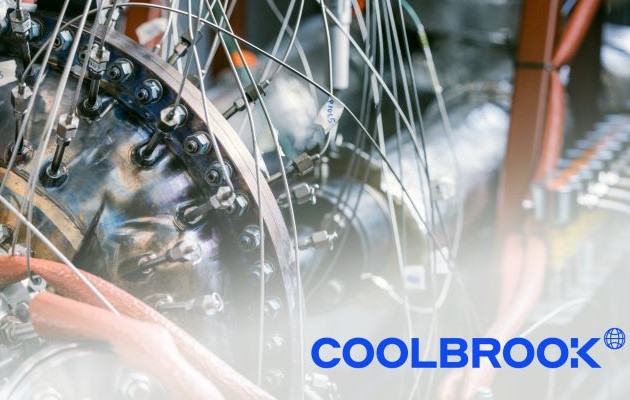Coolbrook has also successfully cracked naphtha at the pilot plant

Coolbrook, a transformational technology and engineering company, has achieved a major breakthrough in circular plastics and materials by successfully cracking 100% plastic-waste-derived pyrolysis oil (py-oil) at its large-scale pilot facility using the RotoDynamic Reactor (RDR) technology.
As the first company globally, Coolbrook has demonstrated that 100% pyrolysis oil from plastic waste can be cracked directly in the RotoDynamic Reactor (RDR), while still delivering high yields of ethylene and propylene and maintaining stable operations.
Pyrolysis oil derived from waste is an essential building block in closing the loop for plastics recycling. By proving that the RDR can handle this challenging feedstock effectively, Coolbrook is paving the way for sustainable olefin production from end-of-life plastics.
This breakthrough builds on Coolbrook’s earlier pilot plant success at Brightlands in the Netherlands, where the company demonstrated its ability to heat a range of gases, including air, steam, nitrogen, and methane to over 1000 °C using renewable electricity.
Coolbrook has also successfully cracked naphtha at the pilot plant, achieving significantly increased yields compared to traditional furnaces and further proving the versatility of its technology. With the new py-oil cracking results, Coolbrook has demonstrated that its electrified turbomachinery-based process can be extended to the cracking of real-world circular feedstocks.
Dr. Tuomas Ouni, Head of Process Development, said, “Cracking 100% pyrolysis oil directly without the need for dilution with conventional fossil feedstock simplifies operations and enhances traceability of circular materials. Using Coolbrook’s RDR also delivers benefits in terms of ethylene and propylene yields compared to conventional furnaces, without any noticeable increase in coking. These results confirm the potential of Coolbrook’s RDR to play a central role in both decarbonisation and circularity in the petrochemical industry.”
The project aims to demonstrate sustainable, circular, and scalable solutions for the future of plastics and petrochemicals.
Subscribe to our newsletter & stay updated.